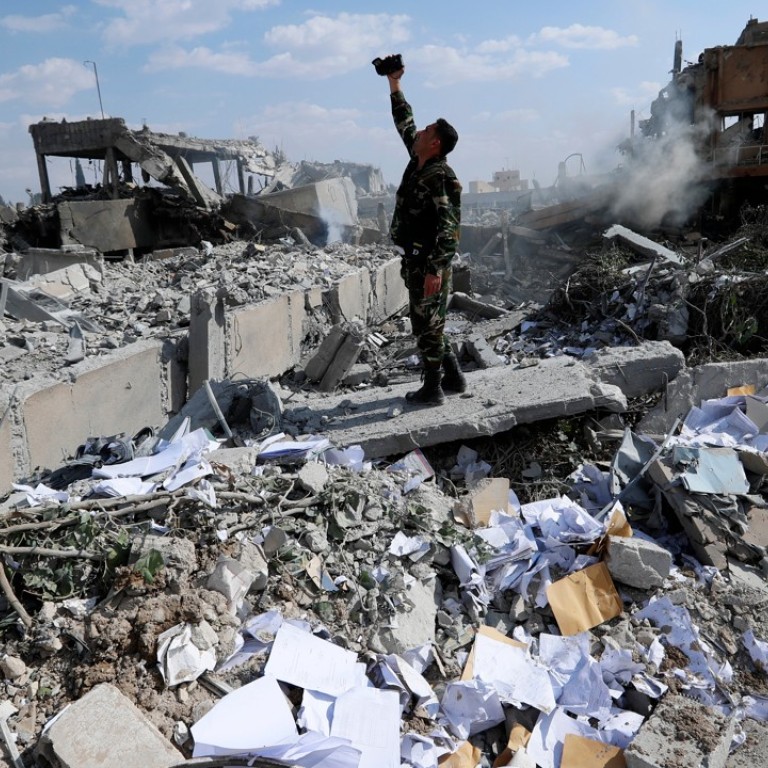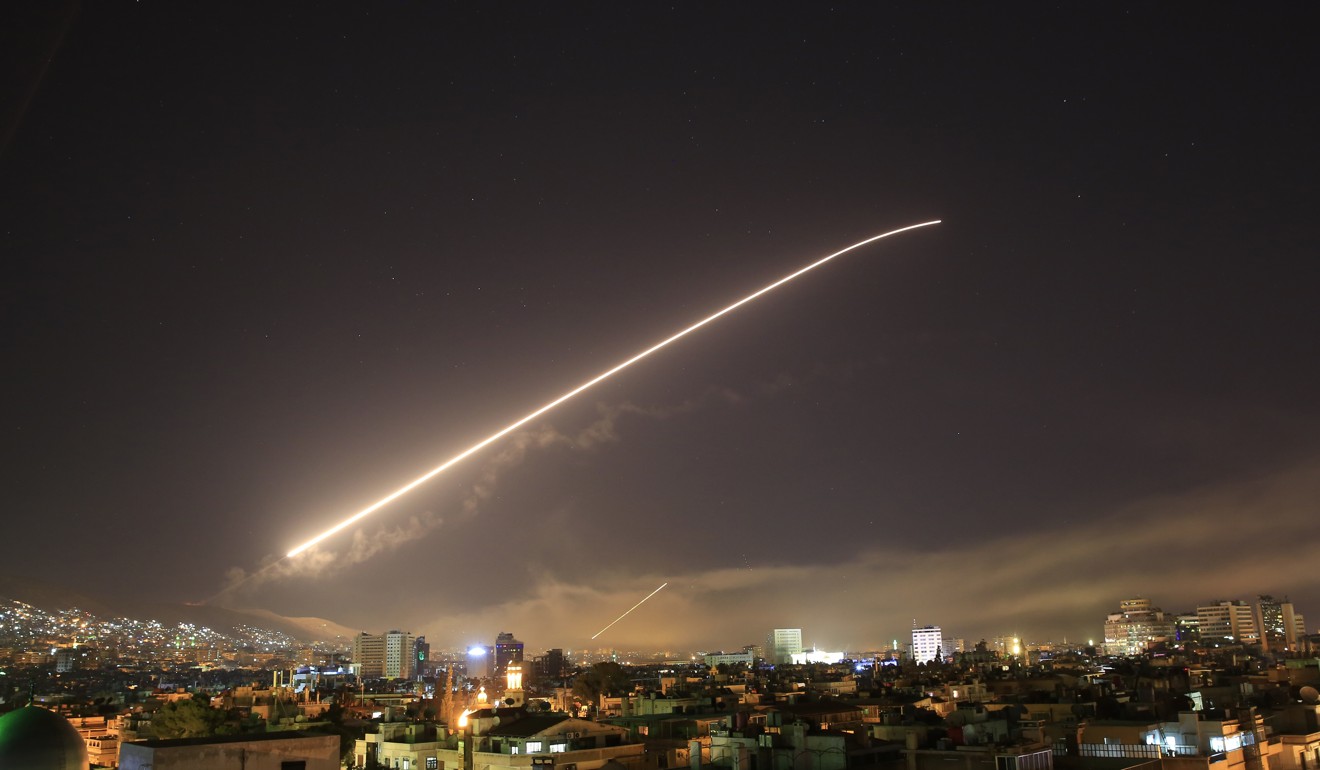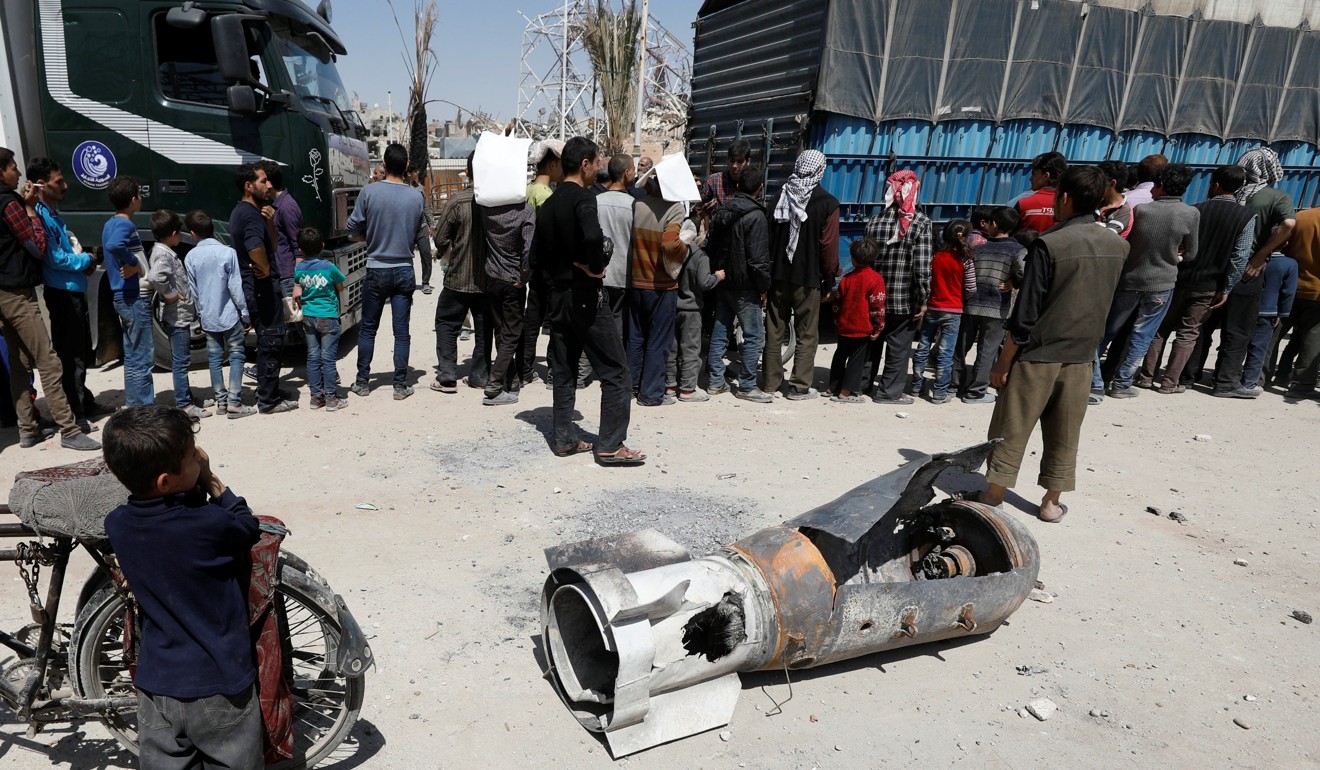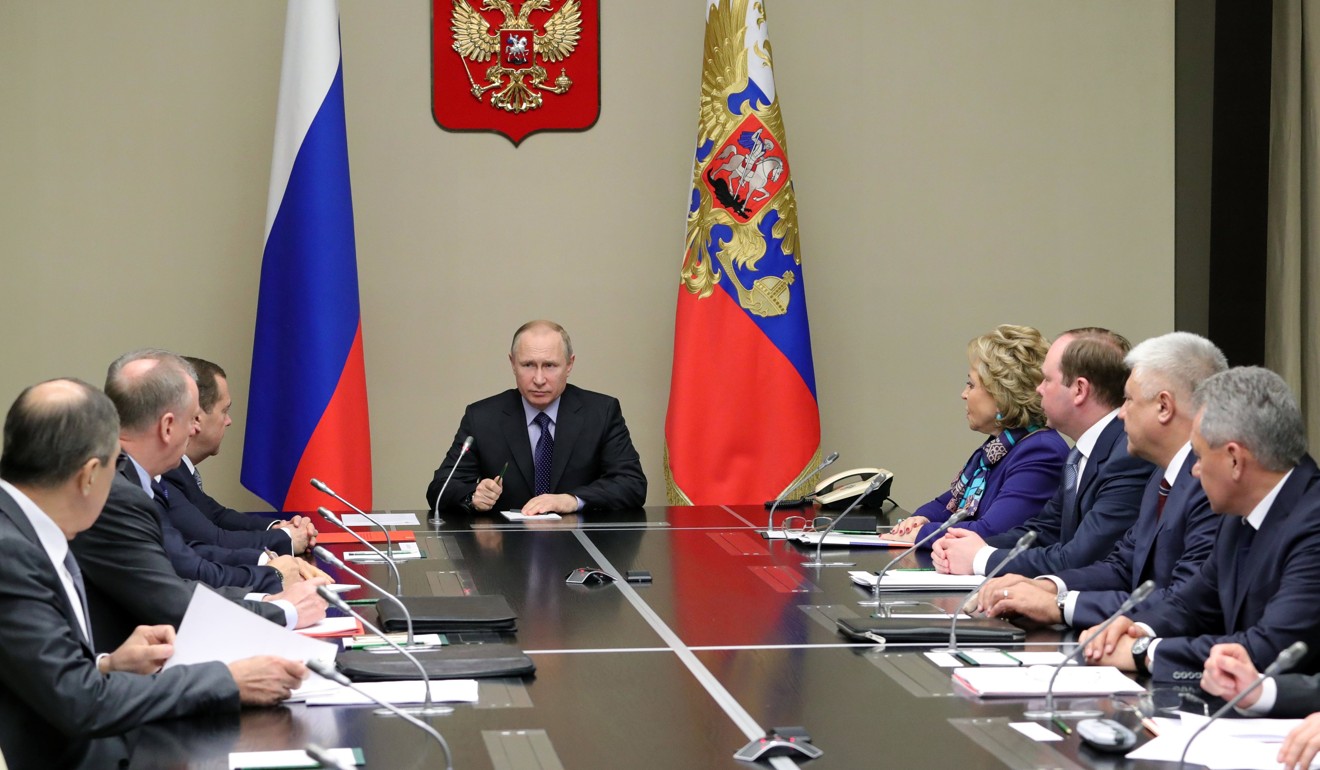
Russia may supply Syria with new weapons, likely alarming Israel
Russia’s move would upend the delicate relationship between Israel and Russia, who have kept channels open despite supporting opposite sides in Syria
Angered by last week’s US attack on Syria, Russia warned that there would be consequences.
Only one of them was spelt out: The Kremlin said it may supply its Syrian ally with state-of-the-art air defences.
If the prospect rings alarm bells among President Bashar al-Assad’s enemies, they are likely to be loudest in Tel Aviv, not in Washington.
Israel carries out air strikes in Assad-controlled Syrian territory much more frequently than the US, as it seeks to prevent a military build-up near Israeli borders by Assad’s other key backer, Iran.

Analysts and former defence officials say there is only one likely response from the Israel if the S-300 surface-to-air missile systems are delivered to Syria: An immediate attempt to blow them up.
That would upend the delicate relationship between Israel and Russia, who’ve kept channels open despite supporting opposite sides in Syria.
And it could create another dangerous moment with the potential to escalate the seven-year civil war into a wider conflict.
Already, multiple global and regional powers have been sucked in.
Last week saw the tensest stand-off in decades between nuclear rivals Russia and the US.
On the ground, American and Turkish soldiers occupy separate chunks of the country’s north, while Iranians and Russians fight alongside Assad’s army.

In the skies, Israel has for the most part enjoyed freedom of manoeuvre, thanks to its air superiority – and an implicit green light from Moscow. Both conditions may now change.
Amos Yadlin has first-hand experience of how Israel responds to such threats – and no doubts about how it would handle this one.
A former military intelligence chief, Yadlin was also one of the Israeli pilots who destroyed Iraq’s Osirak nuclear reactor in 1981.
The deployment of S-300s in Syria has been a concern for two decades, and “at the end of the day, it will happen,’’ he said. “If I know the air force well, we have already made proper plans to deal with this threat. After you remove the threat, which is basically what will be done, we’re back to square one.”
Russia already has sold S-300 systems to Iran over American and Israeli objections.
Syria was on track to get them too -– until 2013, when Russian President Vladimir Putin froze the contract in response to pleas from Israel.
But Putin said at the time that if the US attacked, Moscow would “think how we should act in the future.”

That moment arrived with last week’s missile strikes by the US, UK and France, in response to an alleged chemical attack by Assad’s army.
Hours afterward, Russia’s first deputy chief of staff, Sergei Rudskoi, said his government would “reconsider” whether to supply the air defences to Assad.
Foreign Minister Sergei Lavrov hammered home the message in a BBC interview two days later, saying the plan might be revived because Russia feels it must do “whatever is required to help the Syrian army deter aggression”.
Israel has carried out at least 150 bombing raids in Syria since the civil war began in 2011, according to Zvi Magen, a former Israeli ambassador in Moscow.
The latest, on April 9, hit an airbase used by the Iranian military; other targets have included arms convoys bound for Hezbollah, the Iranian-armed Shiite group in Lebanon that has repeatedly fought with Israel.
S-300s can fire missiles at six targets simultaneously, and have a range of 200 kilometres (120 miles). That would extend into the airspace of Lebanon, sometimes used by Israeli planes to strike Syria.
Will Saudi-Russia oil alliance spell doom for Opec?
“It’s an exceptionally advanced system that can cover large swaths of territory,” said Michael Oren, Israel’s deputy minister for public diplomacy and an adviser to Prime Minister Benjamin Netanyahu.
Given Israel’s likely response, some analysts in Moscow say it makes more sense to use the threatened deployment as a bargaining chip.
Actually delivering the weapons “would fuel tensions in the region and cause major friction with Israel,” said Elena Suponina, a Middle East expert at the Russian Institute for Strategic Studies, which advises the Kremlin. “It’s enough to provide Syria with other air-defense systems that won’t provoke such a response.”
Even Syria’s current Soviet-designed systems, which have been upgraded over the last 18 months, have inflicted some damage.
In February an F-16 was shot down, said to be the first Israeli aircraft lost in action since the early 1980s.
And while the Pentagon says that all of the more than 100 missiles fired in last week’s strike reached their targets, Russia says that two-thirds of them were intercepted.
A pro-opposition Syrian monitoring group, citing aerial defence officers, made a similar estimate.
“Syria already has some good short and medium-range systems,’’ said Jeremy Binnie, Middle East and Africa editor at Jane’s Defence Weekly. Add the S-300s, and “they would be able to form a fairly comprehensive, multi-layered air defence umbrella over their country.”
In any attempt to destroy the new weapons, Israel would probably use US-built F-35 stealth aircraft and electronic warfare, he said.
Russian military experts say that while the S-300 is very powerful, it isn’t foolproof.
“There’s no invincible air-defence system,’’ said Viktor Murakhovsky, a former army colonel who’s now a government adviser. “Just like there are no invincible aircraft.’’

